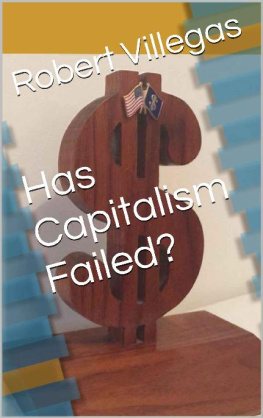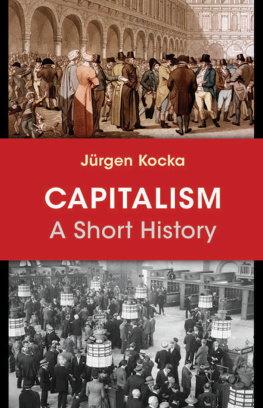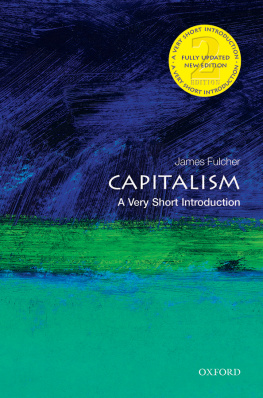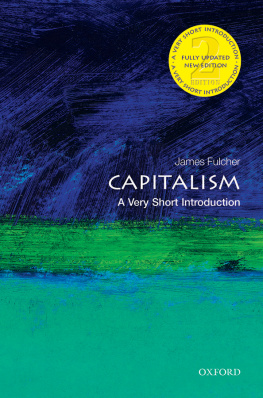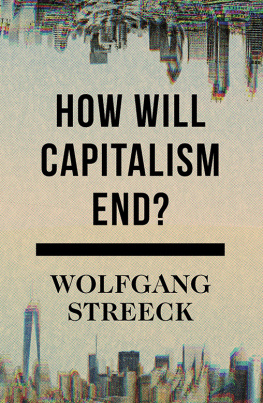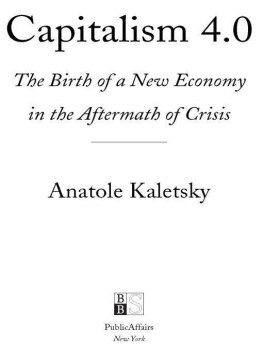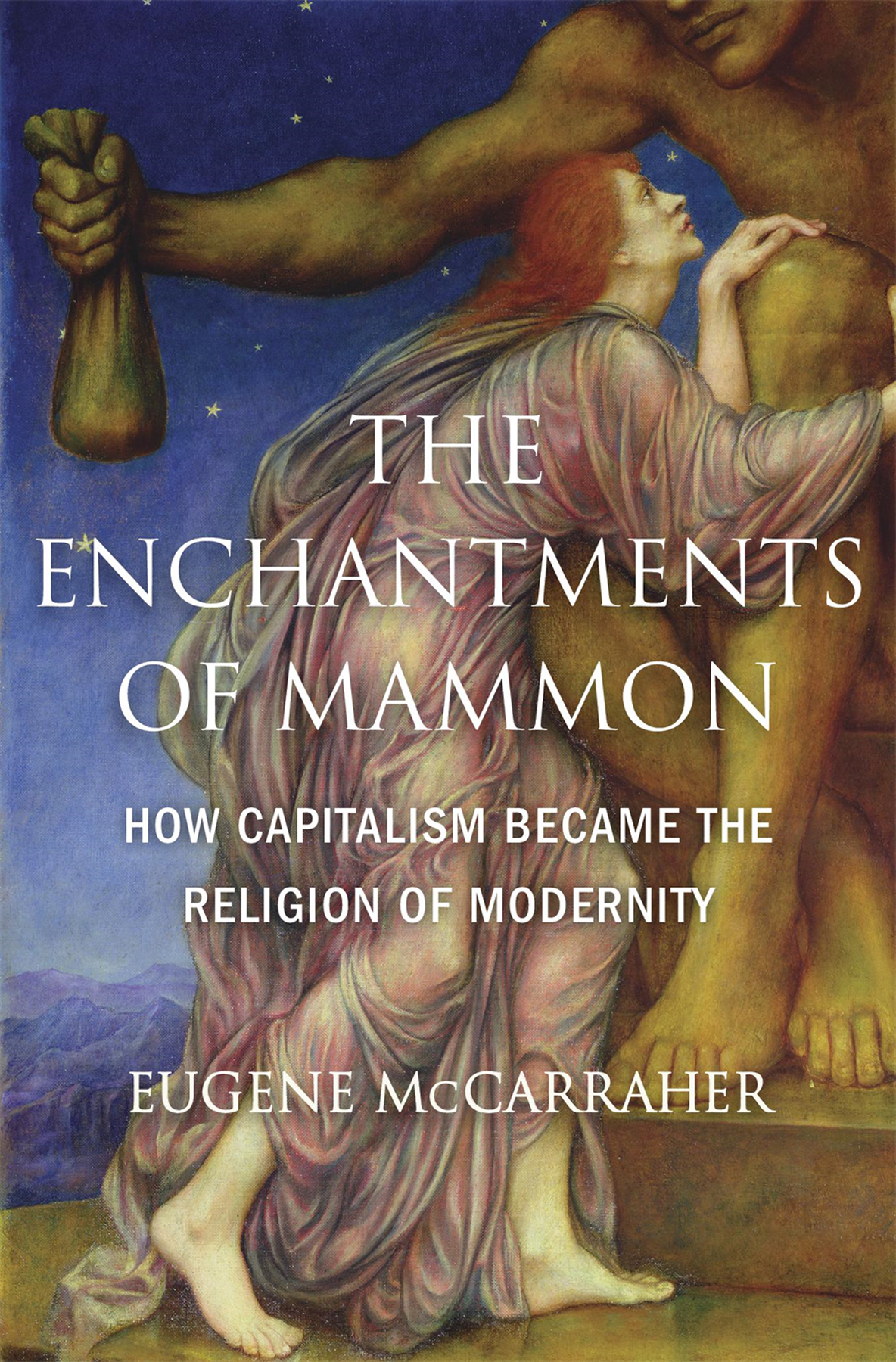Contents
Guide
Pagebreaks of the print version
THE
ENCHANTMENTS
OF MAMMON
How Capitalism Became
the Religion of Modernity
Eugene McCarraher

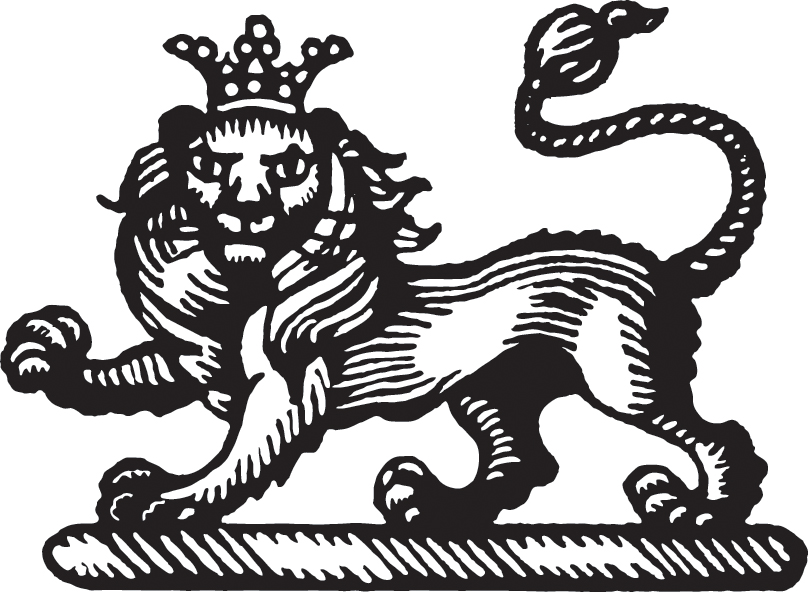
THE BELKNAP PRESS OF
HARVARD UNIVERSITY PRESS
Cambridge, Massachusetts, and London, England 2019
Copyright 2019 by Eugene McCarraher
All rights reserved
Jacket art: Evelyn De Morgan, The Worship of Mammon, 1909. De Morgan Collection, courtesy of the De Morgan Foundation / Bridgeman Images
Jacket design: Annamarie McMahon Why
9780674984615 (alk. paper)
9780674242777 (EPUB)
9780674242784 (MOBI)
9780674242760 (PDF)
The Library of Congress has cataloged the printed edition as follows:
Names: McCarraher, Eugene, author.
Title: The enchantments of Mammon : how capitalism became the religion of modernity / Eugene McCarraher.
Description: Cambridge, Massachusetts : The Belknap Press of Harvard University Press, 2019. | Includes bibliographical references and index.
Identifiers: LCCN 2019015075
Subjects: LCSH: CapitalismReligious aspectsHistory. | EconomicsReligious aspectsHistory. | Romanticism.
Classification: LCC HB501 .M443 2019 | DDC 261.8/5dc23
LC record available at https://lccn.loc.gov/2019015075
To Alecia, Alexandra, and Gabrielle, and to the memory of my father, Eugene Thorne McCarraher
This Desert soil
Wants not her hidden lustre, Gems and Gold;
Nor want we skill or art, from whence to raise
Magnificence; and what can Heavn show more?
Our torments also may in length of time
Become our Elements, those piercing Fires
As soft as now severe, our temper changd
Into their temper; which must needs remove
The sensible of pain.
MAMMON, speaking to his fellow fallen angels, in Milton, Paradise Lost, Book II, 270278
The world is charged with the grandeur of God.
It will flame out, like shining from shook foil;
It gathers to a greatness, like the ooze of oil
Crushed. Why do men then now not reck his rod?
Generations have trod, have trod, have trod;
And all is seared with trade; bleared, smeared with toil;
And wears mans smudge and shares mans smell; the soil
Is bare now, nor can foot feel, being shod.
And, for all this, nature is never spent;
There lives the dearest freshness deep down things;
And though the last lights off the black West went
Oh, morning, at the brown brink eastwards, springs
Because the Holy Ghost over the bent
World broods with warm breast and with ah! bright wings.
GERARD MANLEY HOPKINS, Gods Grandeur
Contents
ONCE UPON A TIME, the world was enchanted. Rocks, trees, rivers, and rain pulsated with invisible forces, powers that enlivened and determined the affairs of tribes and empires as well. Though beholden to the caprice or providential design of a variety of spirits and deities, the world of enchantment could be commanded by magic or humbly beseeched through prayer. But with the Reformation, the Enlightenment, and industrial capitalism in Europe, the company of spirits was evicted from the cosmos. If the medieval Church had preserved the pagan phantoms in its sacraments and saintly relics, its sober and industrious Protestant antagonists began the demolition of enchantment. Gradually, the sciences dispelled the realm of mystery; the prose of reason hushed the poetry of superstition; greed and calculation fostered callous disregard for the earth and the bonds of community. Dispossessed from their ancestral homes, the remnants of enchantment fled into our private chambers of fantasy or faith. And as science, technology, and capitalism come to embrace the entire globe, the enchanted specters of other peoples will be duly banished or sequestered as well.
Entitled the disenchantment of the world by the German sociologist and historian Max Weber, this story is the predominant account of modernity in the West and increasingly beyond, and capitalism plays a pivotal role. In the course of releasing the making and exchange of goods from traditional restraints, capitalism evacuated sacredness from material objects and social relationships. Once capable of linking us to divinity or of binding us to one another, things lost their souls when they became commodities made and exchanged for profit. Avariceonce one of the seven deadly sinsmorphed into the self-interest or initiative indispensable to wealth and innovation, while the inscrutable ways of Providence yielded to the laws of supply and demand. And if enchanted forces received our devotion, entreaty, and gratitude, disenchanted forces could be mastered with money and greater technological prowess. As the economist Robert Heilbroner once summarized the conventional wisdom, capitalism is not sacred but secular and would be impossible in a sacralized world to which men would relate with awe and veneration.
Indeed, nothing seems more thoroughly secular than the modern business corporation, the Leviathan of the twenty-first century and the preeminent institution of our gilded age. To its admirers, the corporation is the servant of a democratic market, an unfairly maligned and underappreciated creator of abundant commodified marvels. To its detractors, it is a remorseless gargantua despoiling the planet, an insatiable, globe-encircling syndicate reliant on mendacity and exploitation. Yet both admirers and detractors of the corporation agree on its thorough disenchantment. Corporations must mobilize profit and accumulate capital, organizing money, expertise, and technology with sober judgment and utmost efficiency. Whatever their owners, managers, or workers may believe in their homes or office cubicles, corporations cannot and dare not rely on magic, divination, or prayer. They must organize every factor of productionfrom fiber optic cables and human resources to the dreams of the ad departmentand calibrate the marginal utility of every expenditure, exertion, and longing. No beatitudes here, no works of mercy, no yearning for paradise.
As were reminded every time theres the slightest complaint about the lack of decency or justice, out of this disciplined hunger for money comes the splendor of capitalist civilization: its protean energy; its surfeit of pleasures; its exotic gallery of images; its ingenious, bustling, and exuberant indulgence of every paying desire. The roles of patron and moralist once assumed by religion are now leveraged by capital: the arts, athletics, and scholarship receive plentiful corporate largesse, while brands, slogans, and advertising supplant icons, chants, and commandments. For the four decades before the financial crisis unfolded in the fall of 2008, capitalisms lavish indifference to piety was a major selling point. In the fleshpots of American suburbia, where the armada of SUVs ferry the heavily indebted through the consumer republic, the spectacular reign of money seemed well nigh ubiquitous and irreversible. And to cultures still mired in the backwaters of enchantment, capitalist modernity was marketed as the greatest jubilee season in history. Breaking the shackles of immemorial customs, capitalism offered the sale of commodities, not the dutiful worship of relics; the fulfillment of the self, not subordination to the past; the romance of the present and the promise of the future, not a vale of tears and a hope beyond the grave. In the words of journalist Michael Lewis, capitalists are practitioners of liberty who do not suffer constraints on their private ambition and who work hard, if unintentionally, to free others from constraint. Firmly committed to the real world of disenchanted, manipulable forces, they represent the spiritual antithesis of religious fundamentalists who thwart this labor of liberty in the name of some putatively higher power. Karl Marx wrote much the same thing a century and a half earlier, with greater flourish and prophetic grandeur. All that is solid melts into air; all that is holy is profaned. Capitalisms most unlikely celebrant, Marx observed how the market, far from being a bastion of conservatism, dissolves all fixed, fast-frozen relations, with their train of ancient and venerable prejudices. Historys assassin of enchantment, capitalism drowns the most heavenly ecstasies of religious fervor in the icy water of egotistical calculation.


